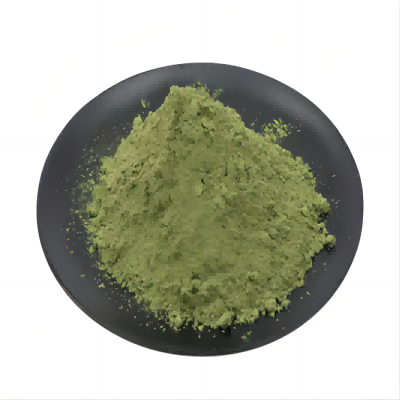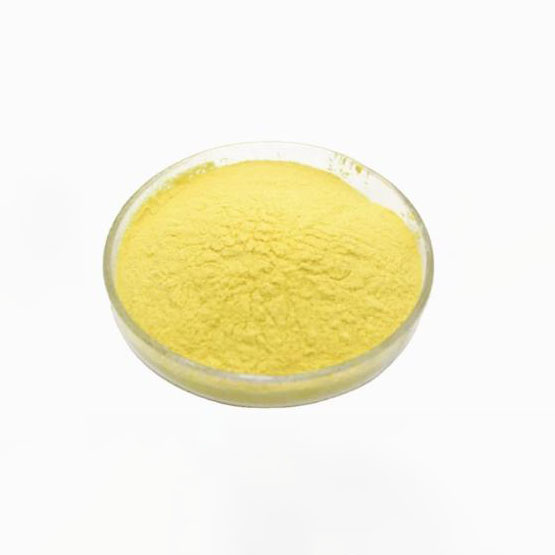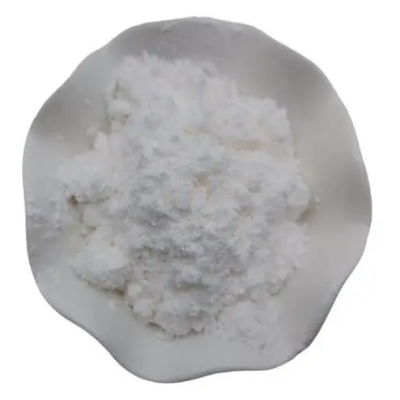Flag tag peptide CAS:98849-88-8
Flag tag peptide serves as a powerful tool in molecular biology and biochemistry, primarily for the identification and purification of recombinant proteins. The peptide consists of a short, hydrophilic sequence, typically DYKDDDDK, which is recognized by specific antibodies. This feature allows scientists to tag proteins of interest, facilitating their detection and isolation from complex biological samples. Researchers often use Flag tags in various applications, including Western blotting, immunoprecipitation, and enzyme-linked immunosorbent assays (ELISAs). By attaching a Flag tag to a target protein, researchers can easily track its expression levels and study its cellular localization through antibody binding. In addition to detection, Flag tags can enhance protein purification processes. When proteins are expressed in host cells, the presence of a Flag tag enables the use of affinity chromatography techniques to isolate the tagged protein from other cellular components. This streamlines the purification workflow and increases the yield of functional proteins for downstream applications, such as structural studies or functional assays. Moreover, Flag tag peptides are useful in studying protein-protein interactions, post-translational modifications, and cellular signaling pathways. By incorporating the Flag tag into fusion proteins, researchers can gain insights into the dynamics of protein interactions in vivo. Overall, Flag tag peptides are invaluable for advancing research in cell biology, molecular genetics, and biochemistry, contributing to our understanding of fundamental biological processes.



| Composition | C41H60N10O20 |
| Assay | 99% |
| Appearance | white powder |
| CAS No. | 98849-88-8 |
| Packing | Small and bulk |
| Shelf Life | 2 years |
| Storage | Store in cool and dry area |
| Certification | ISO. |









